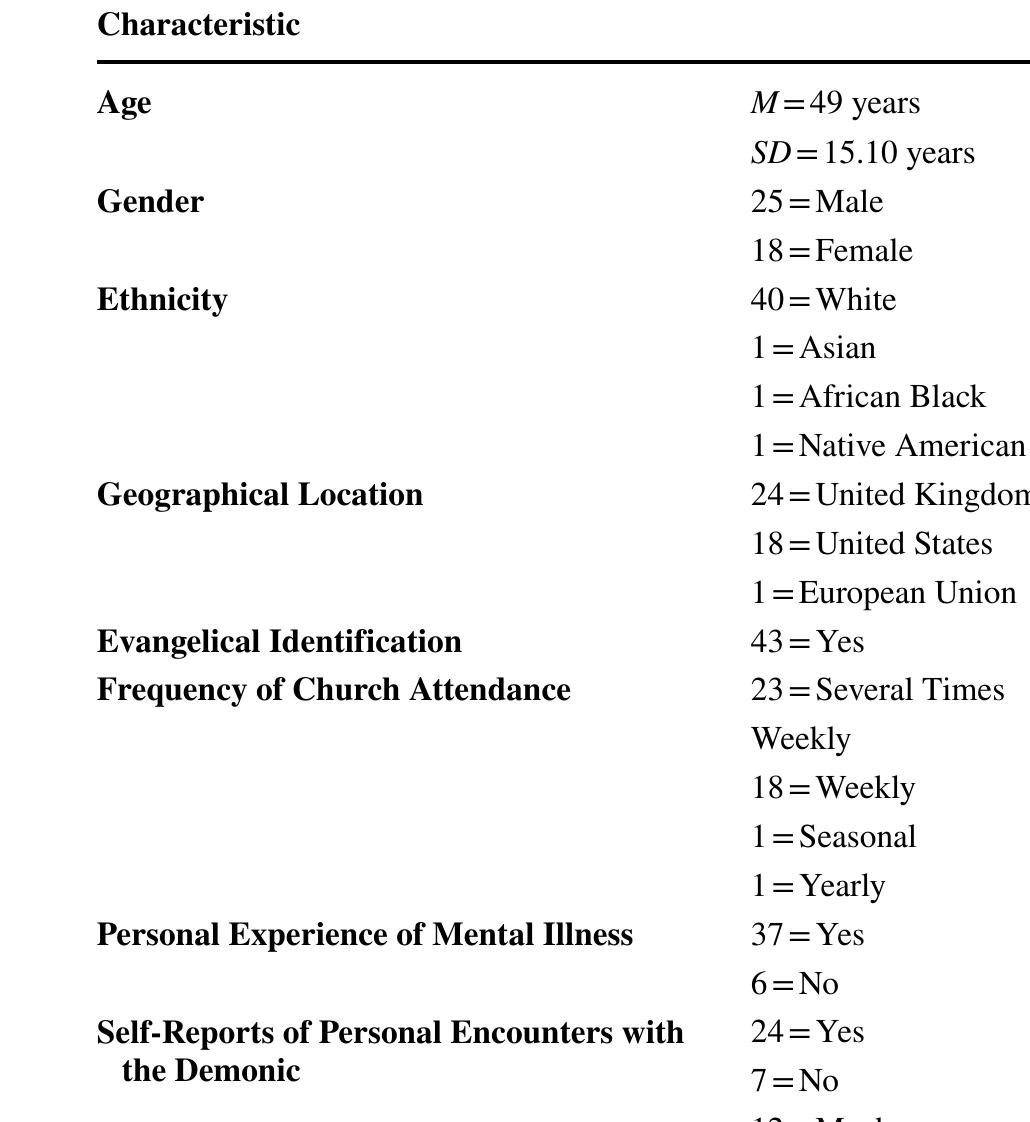Key research themes
1. How does pragmatic competence shape epistemic assessments and potential injustices in communication?
This theme investigates the link between pragmatic language competence—particularly the ability to use and interpret language appropriately in context—and epistemic injustices that arise from misappraisals of communicative abilities. It matters because pragmatic misunderstandings can lead to unfair discarding of speakers as knowers or competent agents, especially in identity-prejudiced contexts.
2. In what ways does pragmatic encroachment impact epistemic justification beyond knowledge and individual belief?
This theme explores how practical factors such as stakes and social contexts influence epistemic statuses like justification and reasons for belief, extending beyond traditional focus on knowledge. It also includes analyses of group beliefs and moral considerations, highlighting normative dimensions that modulate epistemic evaluations under pragmatic conditions.
3. How can an enriched pragmatic framework incorporating illocutionary acts clarify inferential processes in communication?
This theme addresses the modeling of logical and pragmatic aspects of communication, focusing on the incorporation of illocutionary forces into frameworks of inference like abduction. It matters because pragmatic enrichment can clarify how speakers justify assertions and hypotheses in interaction, providing formal tools for analyzing how meaning and justification unfold in discourse.





